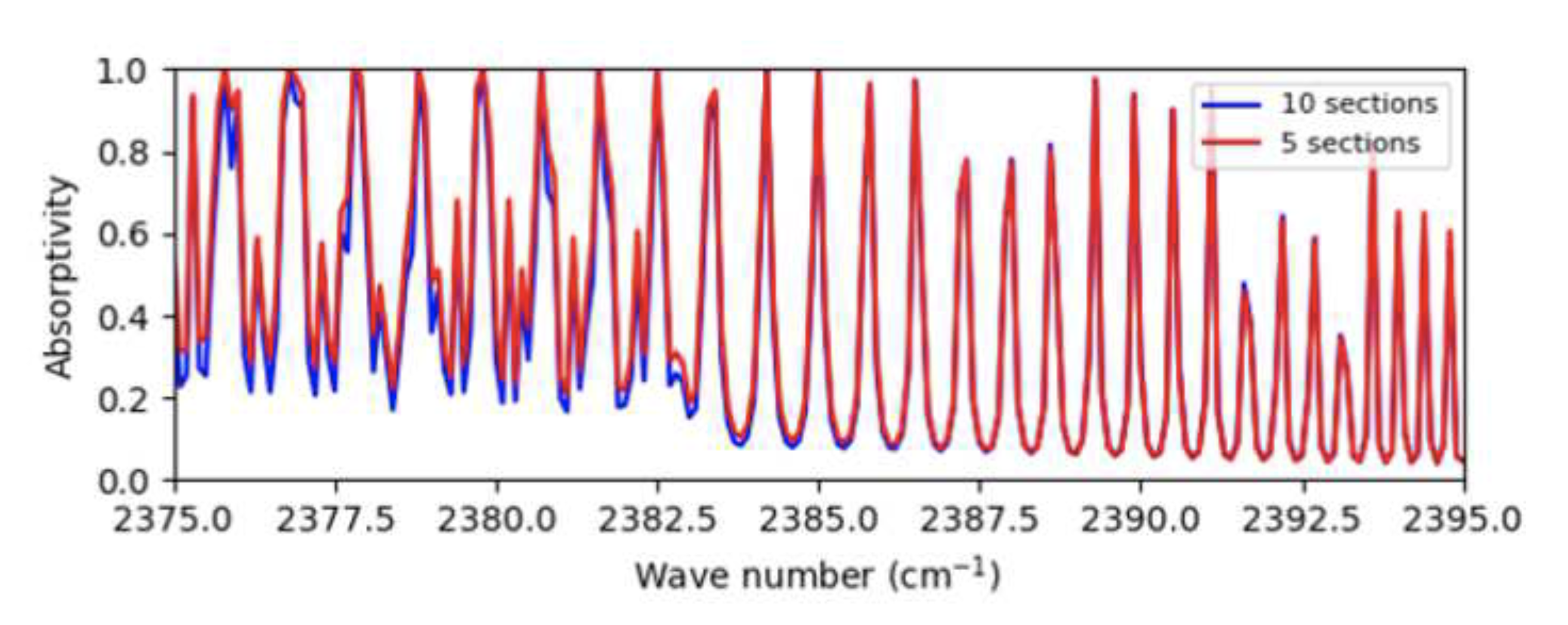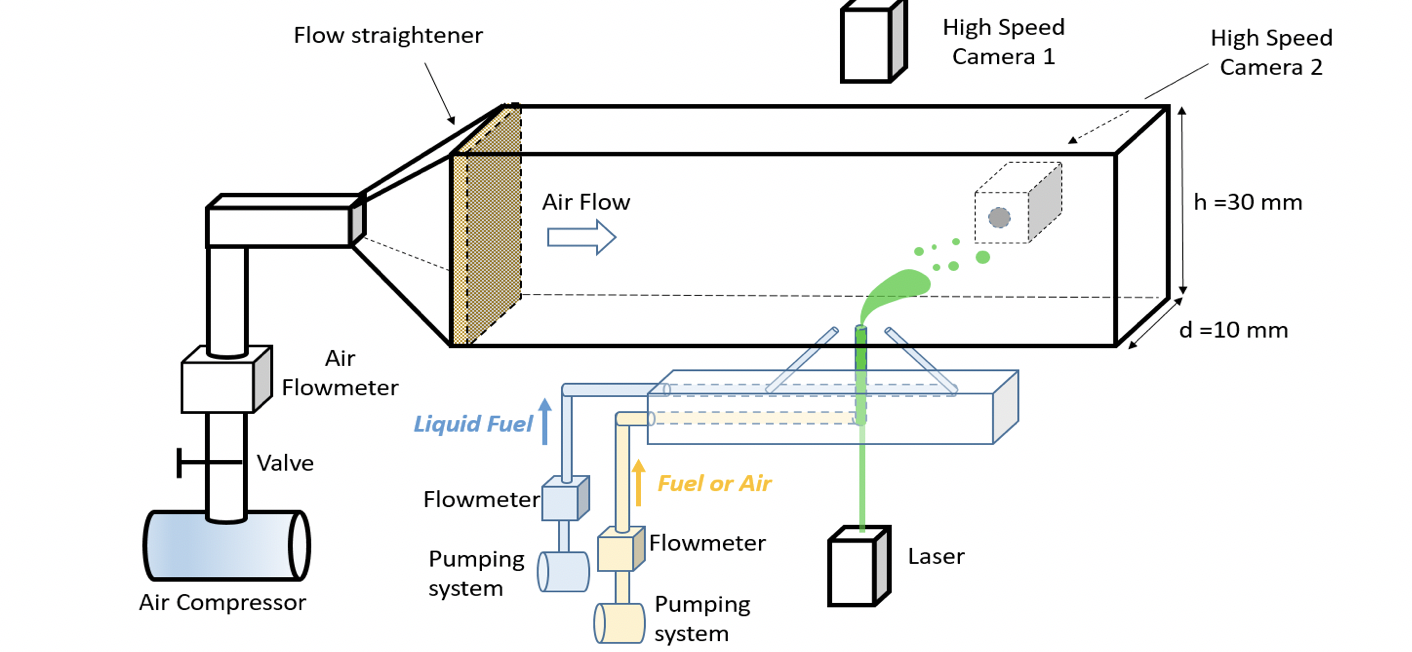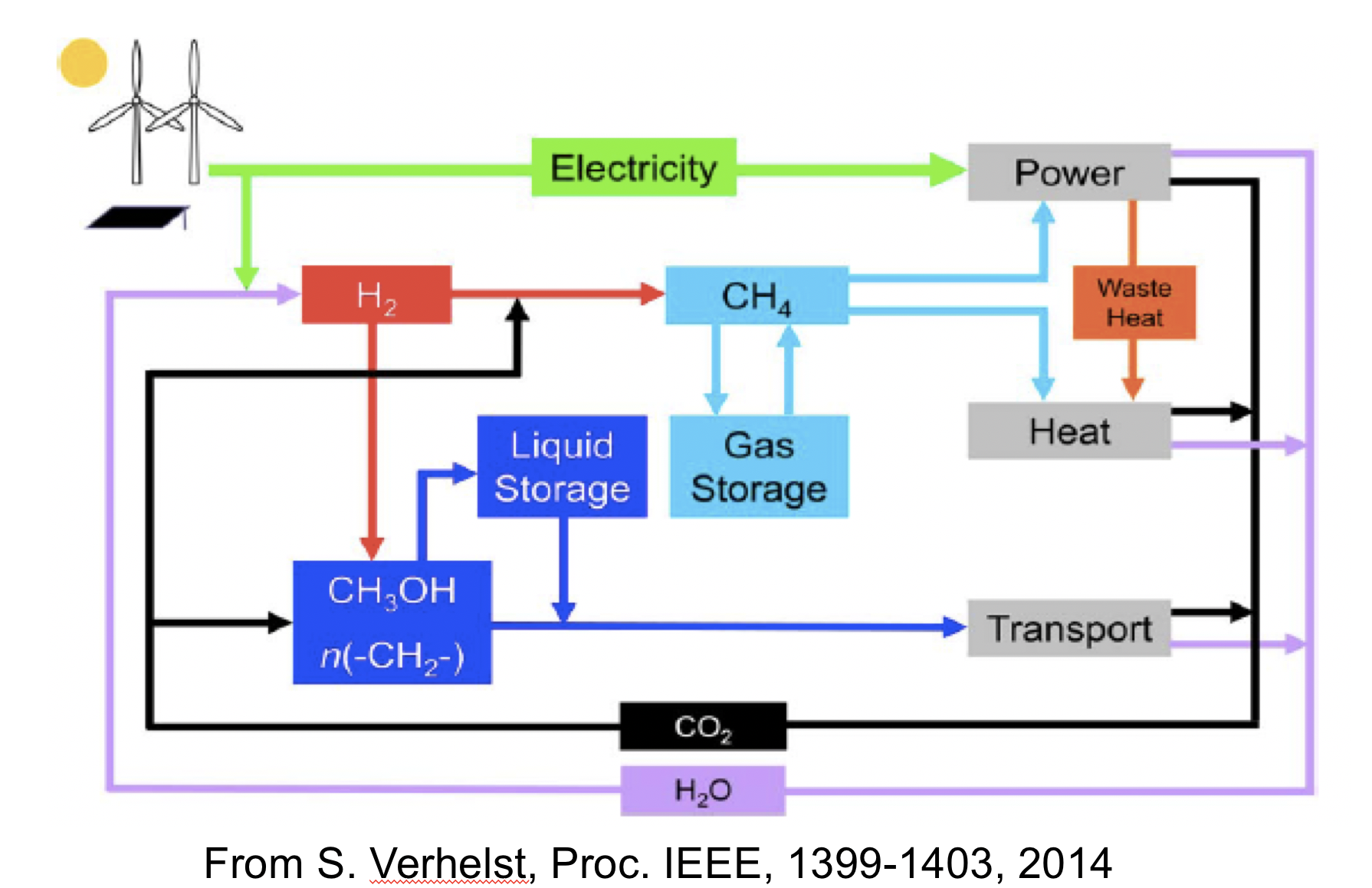Dimitrios C. Kyritsis is Professor and Chair of the Department of Mechanical Engineering and Deputy Director of the Research and Innovation Center for CO2 and Hydrogen in Khalifa University. He received his Diploma in Engineering from the National Technical University of Athens in Greece in 1992 and his MA and PhD from Princeton University in 1995 and 1998, respectively. Before his current appointment, he was a post-doctoral associate and a lecturer at the Department of Mechanical Engineering at Yale University (2000-2002) and a faculty member in the University of Illinois at Urbana-Champaign (2002-2014). His research focuses in the areas of laser-based reactive flow diagnostics and chemical dynamics of reduced-carbon-footprint combustion. In the period 2005-2010 served as the co-PI in the US-Department-of-Energy-funded Graduate Automotive Technology Education Center of Excellence on Automotive Biofuel Combustion Engines in the University of Illinois. He is a Fellow of the ASME, an Associate Fellow of the AIAA, an Associate Editor of the Journal of Energy Engineering, a recipient of the NSF CAREER award, the Accenture Award for excellence in student advising, as well as the Ralph R. Teetor Award of the Society of Automotive Engineers, and has served in the editorial board of Combustion & Flame and the Proceedings of the Combustion Institute.

Intelligence Against Complexity: Machine learning for nonuniform flow, species, and temperature measurements.
Collaborators: Mr. Ruiyuan Kang (PhD candidate), Professor Panos Liatsis (KU), Professor TieJun Zhang (KU)
Deep learning technicques are applied to image and spectral data in order to assess quantitative features of reactive flow field that relate to sustainable energy conversion. The emphasis is on applications where the classical accurate calibrations of multidimensional diagnostics are not an option and quantitative assessment has to rely on data that would be characterzed as "bad" in the classical sense. The employed methodlologies comprise a combination of potent algorithm with physical information that feeds into training.
High-pressure, low-carbon-footprint combustion. Collaborators: Dr. Majed Toqan, CEO, Advanced Technology Development/ Creative Power Solutions, Abu Dhabi UAE
Computational and experimental methodologies are utilized in order to expolore combustion technologies of reduced-GWP emissions. The work involves both low-temperature, low-emission combustion for convenitional fuels as well as utilization of ammonia and hydrogen.

Liquid Atomization of Sustainable Solar Fuels. Collaborators: Mr. Shaikh Abdullah Shaikh (PhD candidate), Prof. Lyes Khezzar (University of Constantine, Algeria), Prof. Yiannis Hardalupas (Imperial College, London), Dr. Afshin Goharzadeh (KU), Dr. Hamid Abderrahmane (KU)
The fundamentals underlying the flow physics of synthetic fuels are explored with an emphasis on light alcohols that can be produced from recycling of carbon dioxide from combustion and green hydrogen. The approach combines experimental methodologies (PDPA, PIV) with spray modeling and targets particularly the effect of the physical proerties that are affecting by the hydrogen bonding in such molecules.

Ammonia, methanol and OMEx as synthetic fuels for energy storage. Collaborators: Prof. Dimitrios Goussis (KU), Dr. Dimitrios Manias (KU), Dr. Mohammad Al Radaideh (KU)
Exploration of the chemical dynamics of synthetic fuels that can be used as a means of energy storage that will be a aprt of an entirely sustainable pwer generation scenario. Particular emphasis is placed on autoigntion dynamics, flame structure and emissions. Of particular interest is positioning these technologies in the contest of upcoming carbon credits.